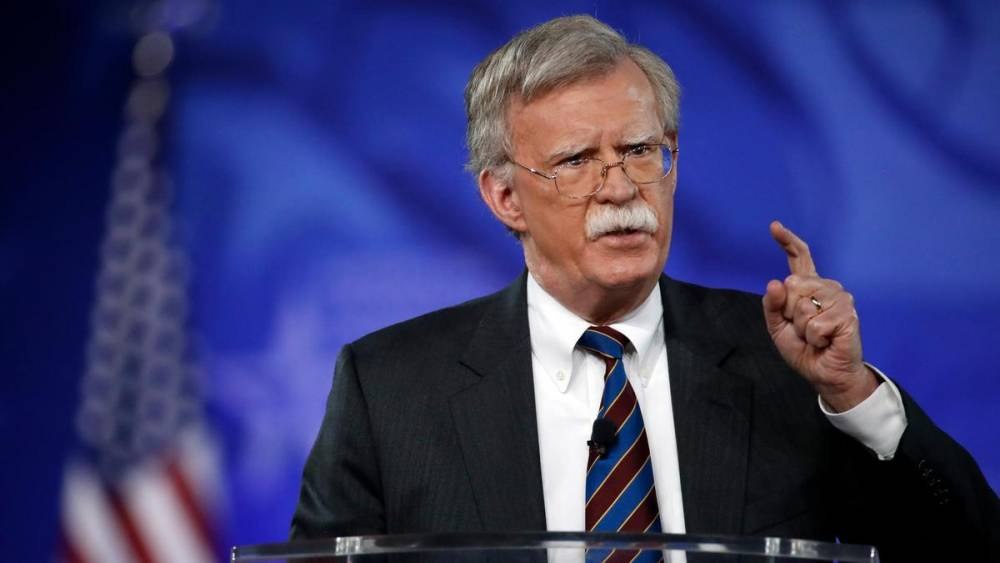Recent statements by former U.S. National Security Adviser John Bolton have sparked speculation about a potential shift in America's approach to Afghanistan, particularly if the Republican team of Donald Trump returns to the White House. Bolton's remarks, made in an exclusive interview with Afghanistan International, advocate for the overthrow of the Taliban regime as a means to resolve the longstanding crisis in the region, ASIA-Plus reports.

The Doha Agreement and Controversies
Central to Bolton's critique is the Doha Agreement, signed by the United States and the Taliban in February 2020. Under this agreement, the Taliban pledged to prevent international terrorist organizations, such as Al-Qaeda and the Islamic State (ISIS), from using Afghan territory to threaten U.S. security interests. However, Bolton and critics within Afghanistan's opposition allege the existence of undisclosed clauses, suggesting financial transactions between the U.S. and the Taliban for intelligence purposes.
According to Amrullah Saleh, former head of Afghan intelligence, the U.S. has purportedly been funneling between $40mn and $80mn weekly to the Taliban—a claim that underscores Bolton's call to cease such payments. Bolton further criticized recent intelligence-sharing meetings between U.S. officials and Taliban leaders, arguing they lend undue legitimacy to the militant group.\
Bolton's Call for Policy Revision
In advocating for a reevaluation of the Doha Agreement, Bolton proposes a more assertive U.S. stance, including support for Afghanistan's anti-Taliban Resistance movement. This shift, he argues, would accelerate efforts to overthrow the Taliban and address the country's political crisis. Bolton insists that military assistance, coupled with economic aid, could bolster opposition forces within Afghanistan, potentially altering the balance of power in the region.
International Reactions and Strategic Implications
Bolton's statements have elicited varied reactions within Afghanistan and across international arenas. While some view his remarks as signaling a potential new U.S. Afghan strategy under a future Republican administration, others interpret them as a strategic move to reassert American influence in Central and South Asia. The prospect of renewed U.S. engagement, particularly in countering the Islamic State's Afghan branch, Viloyat Khorasan, has prompted consultations with regional partners like Pakistan and Tajikistan.
Regional Dynamics and Future Prospects
The evolving situation in Afghanistan has implications beyond its borders, potentially reshaping regional alliances and strategies. As Washington contemplates a more active role in the region's security dynamics, including the establishment of a counter-terrorism center in Tajikistan, neighboring powers such as Russia, China, and Iran are assessing their responses. The potential reactivation of American initiatives could disrupt the geopolitical equilibrium established over recent years, prompting strategic recalibrations among key stakeholders.
Comments (0)